Ever wonder why is it so challenging to restart regular activities after the holiday season? Well, it’s common to be depressed after the holidays, here’s why you deal with post-holiday depression.
For so many of us, feeling depressed after the holidays is a regular thing.
And it’s not a good thing.
I have clients who don’t even enjoy the holidays because they know they will just be depressed when they are over.
Understanding why you might be feeling depressed after the holidays just might help you manage it so that you don’t spend the next year in a funk!
Here are 5 reasons that you might be feeling depressed after the holidays and what to do to help yourself feel better!
Feeling Depressed After The Holidays? 5 Reasons Why You Have Post Holiday Blues
1. New Year’s resolution pressure.
Setting new year’s resolution is something that many of us do every year.
The idea of a new year, a new you, is very compelling and we set these lofty resolutions with sincere intent.
And then, a few days/weeks/months in, we let those resolutions go, either because of apathy, lack of time or how hard the resolution is to keep. And what does dropping our resolutions do? It makes us depressed.
Letting ourselves down is one of major causes of situational depression. We feel like a loser that we can’t keep a promise to ourselves, or to others, and that self-judgement can put us into a very dark place.
But, there are ways for you to keep those resolutions (or at least some of them) to help you feel better about yourself and let go of the depression.
How many resolutions did you set? Did you decide that you were going to quit drinking, go vegetarian, get to the gym and sleep more?
Or perhaps did you just decide to ‘be healthier.’
Those goals are great, truly! But they really aren’t achievable. Why, because you have bitten off more than you can chew.
No one, and I mean, no one, could successfully quit drinking, go vegetarian, go to the gym and sleep more in one fell swoop. It’s just too much change too quickly, especially with things that might be very challenging.
As to deciding to ‘be healthier,’ what exactly does that mean and how would you accomplish it if you don’t have a concrete plan?
What I do, and what I encourage my clients to do, is to choose ONE thing to start with. That one thing can’t be ‘get healthier’ but it could mean to quit drinking for a month. OR to eat less red meat. OR to commit to the gym 3 days a week. OR to put your phone away at 11pm so that you will sleep.
Anyone can do one of those things, if they set their mind to it.
Have you bitten off more than you can chew with your new year’s resolution. If yes, try paring it down a bit so that it is in manageable chunks. If you can do this, if you can keep your new year’s resolution, you might find that you are no longer feeling depressed after the holidays.
Related: Seasonal Affective Disorder (SAD): What Is Seasonal Depression And Its Symptoms
2. The darkness.
One of the things that always amazes me in January is how dark it is.
Of course, it’s the time of year where the days are shorter, it gets dark late (5:00pm where I am) and temperatures are often much lower than we would like them to be.
And just this alone, particularly the absence of sunlight, can make someone depressed.
BUT, what I also notice in January is the complete absence of Christmas lights. For me, this is beyond bleak.
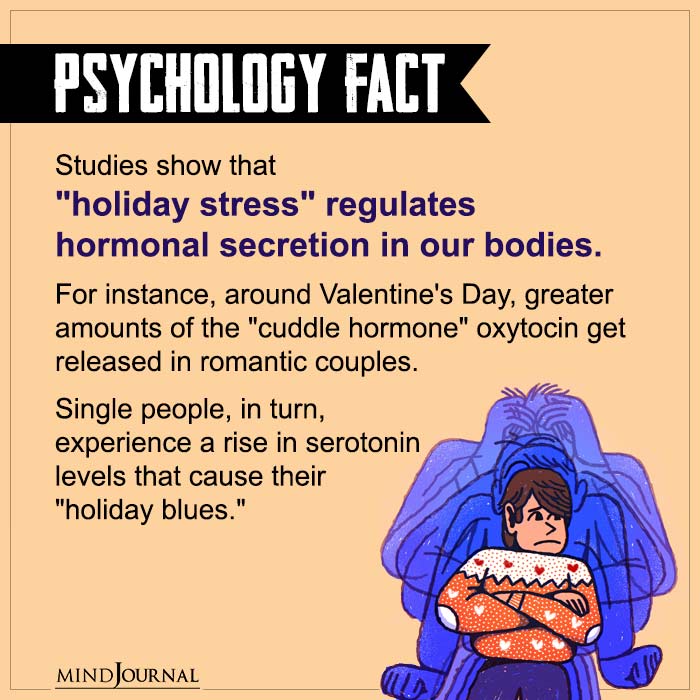
Christmas lights go up soon after Thanksgiving and they last, usually, through New Years. And then, poof, they are gone.
Of course, there are always a few hold outs but mostly, the colorful lights that we see outside people’s houses have been put away for the year.
For me, this is always depressing. I am not a big holiday person but I love the lights.
So, what do I do to get through these dark days of January? Two things.
The first is a get a full spectrum lamp, one which imitates the spectrum of light from the sun. These have been found to be beneficial in many ways, especially for easing the winter blues.
The second is that I keep a few Christmas lights around my house.
Every year, we put our Christmas tree outside but leave the lights on it. It isn’t really a Christmas tree anymore. It’s more like a beacon in the night, bringing some light into the darkness, as we wait for spring to come.
I love looking at those lights from inside the house or as I am pulling up in the driveway. A little bit of spirit during these difficult months.
3. The annual let down.
Be honest. Do you, every year, hope that this year will be different.
That you truly will have a holiday season like you see in the movies.
Where you will celebrate with family and friends (with no arguments about politics). Where you will get all the gifts that you wanted. Where you will bake cookies for your neighbors and appreciate the joy in the season.
And are you let down again, just like last year?
This can be a big reason why you are feeling depressed after the holidays. The big hopes that you had for the perfect holiday season have been dashed with no hope to try again for almost a year.
I get it. But remember, there are many things that let us down every year, no matter how hard we try. We plan that perfect trip, but lose our luggage. The project that we worked on didn’t turn out the way we wanted. We wanted that new Volkswagen but had to settle on a used one instead.
And, do we get through those let downs every time? Do they bog us down for a bit but then do we let them go and move onto the next thing? YES!
The same will happen with the holiday let down. It might feel acute right now but I can promise you that it will be gone by Valentine’s Day, at the very latest!
Related: I Hate Christmas: 6 Strong Reasons
4. The state of your relationship?
Did you know that January is the number one month when people file for divorce?
Why? Because, they think that they just can’t get through one more holiday with the person they are with.
Holidays can bring out the worst in people and they can make an already stressful time more stressful.
Whether it’s conflict around traditions, disagreements about the amount of money that will be spent on gifts, the crazy schedule of holiday events or the time spent with extended family, the holidays can add a lot of pressure to a relationship that might already be struggling.
Also, over the holidays we often have to spend a lot more time with our partners and, if that relationship is already stressed, more time together might just exacerbate problems or allow us to see them more clearly.
So, what is the state of your relationship? Might your depression be the result of feeling helpless around it? Might it be because you are sad that you did fight so much? Was spending time wonderful or like pulling your fingernails out?
Whether it’s good or bad, the state of your relationship might be one of reasons you might be feeling depressed after the holidays.
5. The 4th of July.
The nice thing about the fall is that we have lots of fun holidays.
We have Labor Day which is a celebration of the end of the summer, one involving family and feasting.
We have Halloween with all its pumpkins and candy.
We have Thanksgiving and then we have Christmas and then we have New Years.
The mundanity of our everyday lives is broken by fun things all through the fall. That doesn’t happen so much after New Years. What we have is a loooong stretch to another holiday – 4th of July. And a loooong stretch until summer officially begins.
Sure, we have a few Presidents Day and MLK day and perhaps a springtime vacation but really, what we have for six long months is the day in day out routine.
And that, the anticipation and the living in it, can be one reason why you are feeling depressed after the holidays.
I make a huge effort every year to make a plan to do things to break the routine that is winter.
I try to travel to New York City to see my kids once a month. I make movie dates with my friends. I try to have a special night out with my boyfriend. I make an effort to be spontaneous when I can be.
Are there things that you could do to break up the mundane over these next few months? I am guessing there are. So, make a plan to do those things. Get yourself out of the routine before you get stuck there.
Sometimes just having something to look forward to is enough to break the cycle of depression that can come after the holidays.
So, there you go – 5 reasons why you might be feeling depressed over the holidays.
I do want to say that while all of the reasons that I have listed above might be contributing towards your depression, know that there might be more to it than that.
If you find that you are having a hard time pulling yourself out of your depression or if it’s getting worse, I would encourage you to reach out to your primary care doctor.
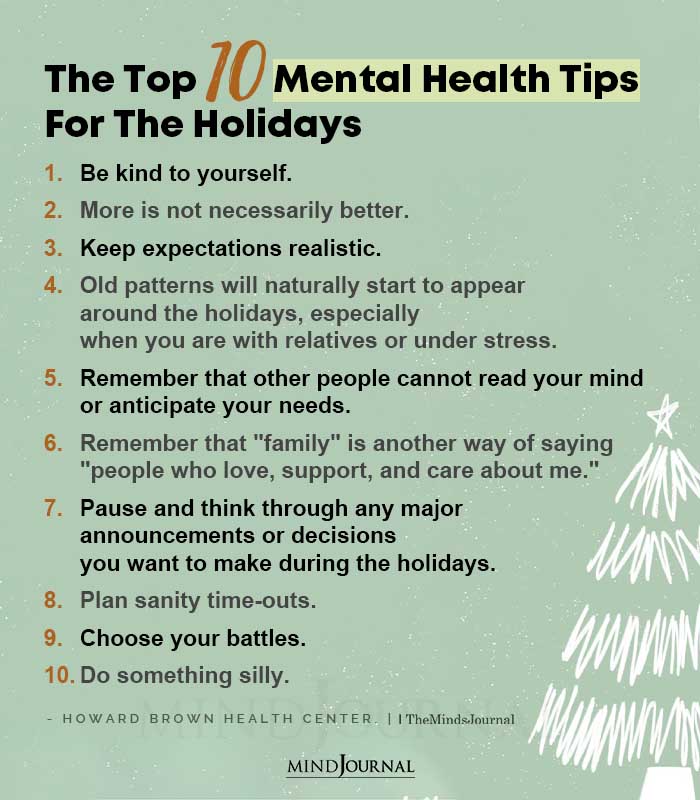
If you find yourself isolating or having no desire to do things that you usually like to do, reach out to your doctor. Your depression could be more than just the post-holiday blues!
Related: 9 Tips For Coping With Holiday Stress And Depression
Post holiday depression is real. Take your time to recognize the signs and recover from it. Share your thoughts if you relate.
Written by: Mitzi Bockmann
Originally appeared on: LetYourDreamsBegin.com
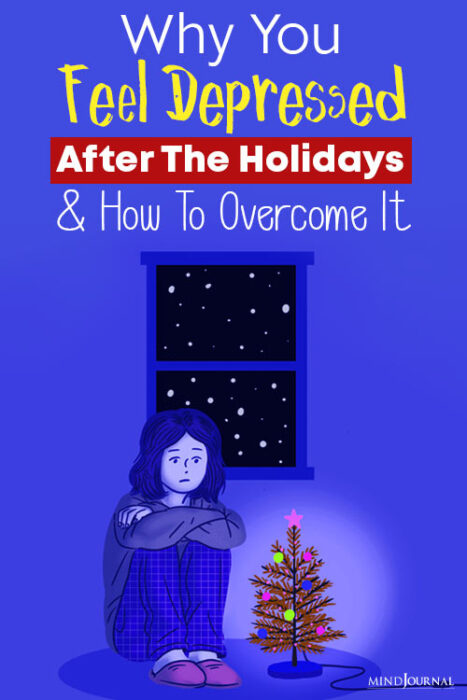
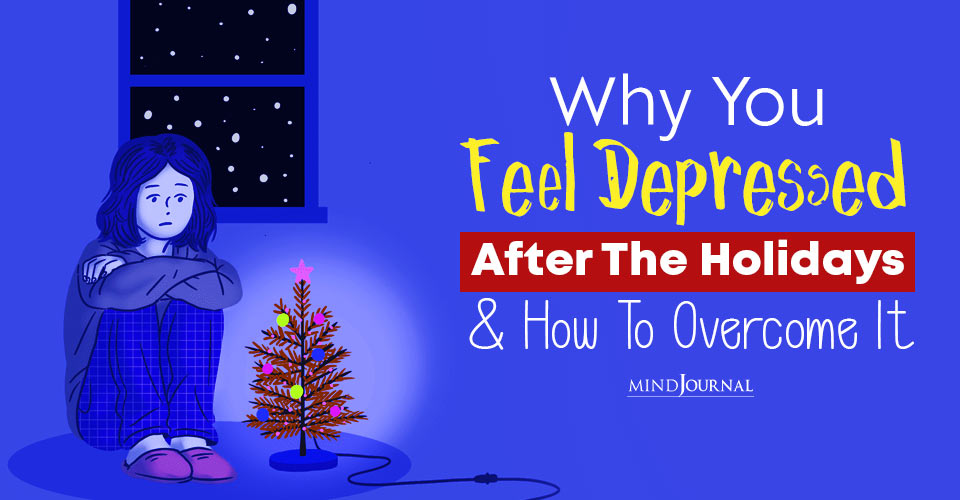




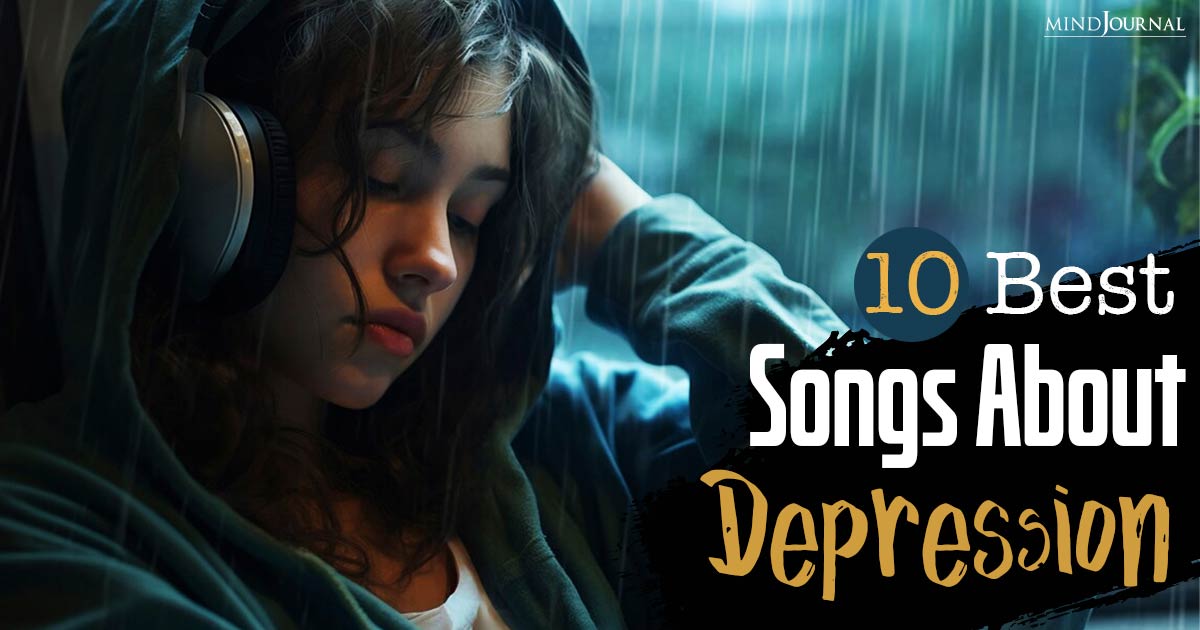
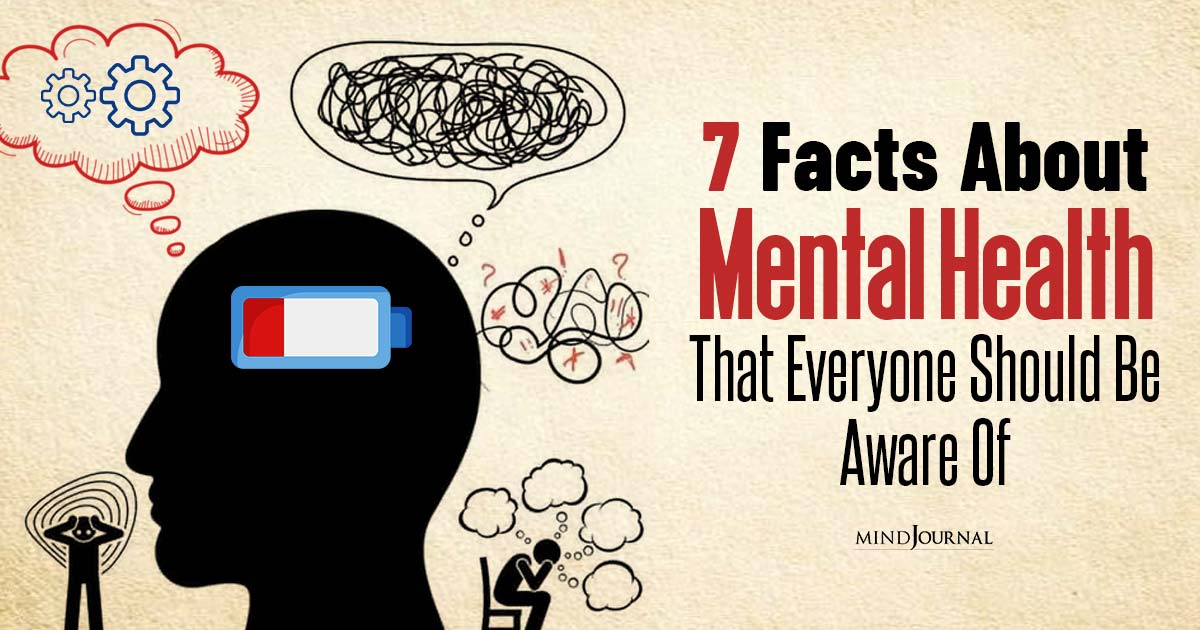

Leave a Reply
You must be logged in to post a comment.